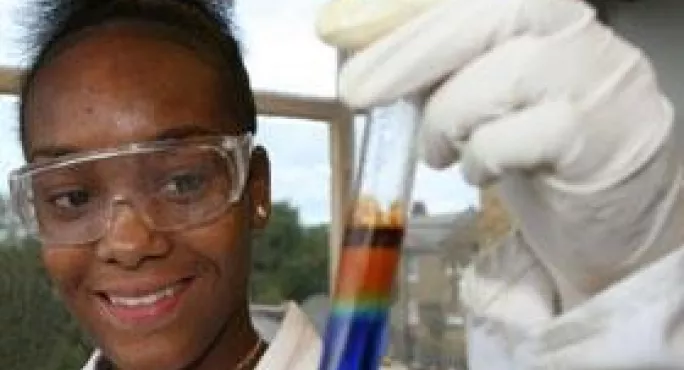Single-sex schools do more to boost girls’ performance in science in the UK than in almost all other developed economies, new international research has concluded.
The tiny Chinese territory of Macau is the only place where all-girls schools do better on this measure, according to an Organisation for Economic Co-operation and Development study published this week.
The research found that, overall, boys in the UK significantly outperformed their female classmates in science, with a bigger gap in favour of males than any other developed country.
But single-sex schools in the UK do help to redress the balance for girls, even when the socio-economic background of an individual pupil and the rest of the school is taken into account.
The research analysed 2006 data from the Pisa (Programme for International Student Assessment) study for all countries with significant numbers of single-sex schools.
New Zealand was another country where all-girls schools boosted science results. In Japan, Turkey, Chile and Qatar, the study suggested, single- sex education damaged female pupils’ chances.
All-boys schools did not have the same effect in the UK, says the study, which found that boys got better science results in mixed schools. Overall, boys in the UK scored on average 10 points higher in the science tests than girls.
The OECD average gap was two points, based on an analysis of the results of tests taken by about 20 million 15-year-olds in 57 countries participating in the Pisa study.
In Denmark and Luxembourg, boys outperformed girls by nine points. In Turkey and Greece, the opposite was found: girls outperformed boys in science by 12 and 11 points respectively.
Girls were generally better at questions in which they had to “identify scientific issues”, but boys were better at “explaining phenomena scientifically”.
The study suggested the structures of education systems, specific educational policies and pressures outside school could all contribute to gender differences. It found that in the UK, boys generally performed better at maths, while girls did better at reading.
OECD secretary-general Angel Gurria said: “We cannot be complacent in the face of continuing gender stereotypes. Attitudes such as `reading is not for boys’ or `maths is not for girls’ must not be allowed to persist. They are too costly in terms of lost human potential.”
A government spokesman said: “We know more needs to be done to engage girls in science, which is why we are working to change attitudes and get more of them involved.”




